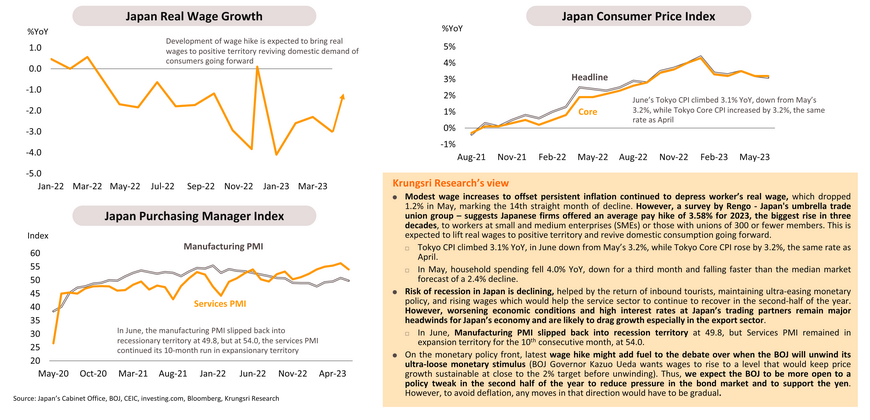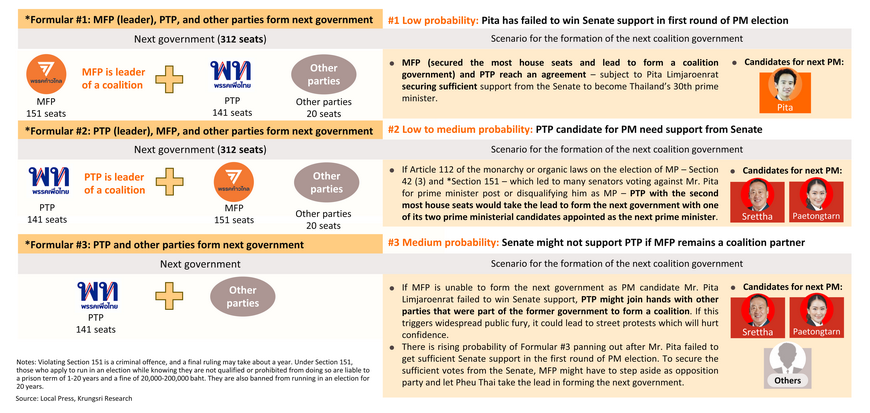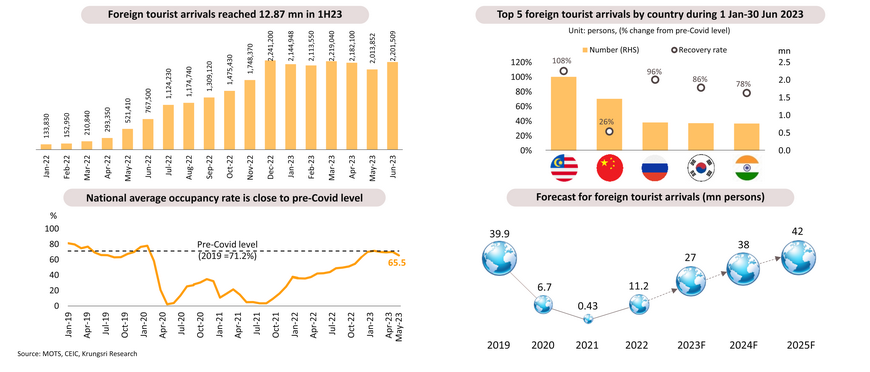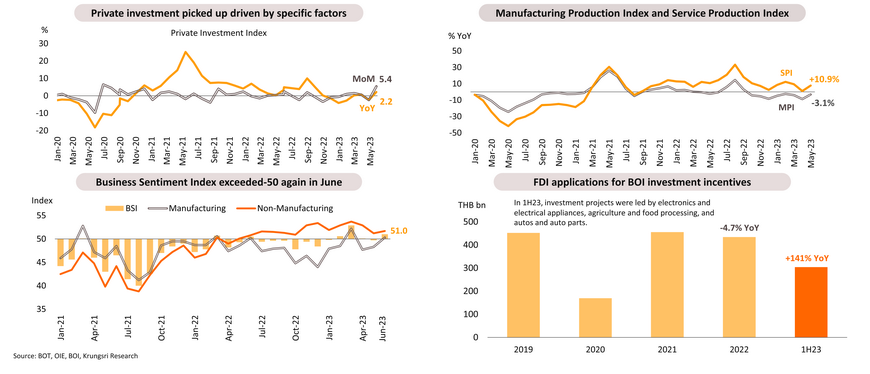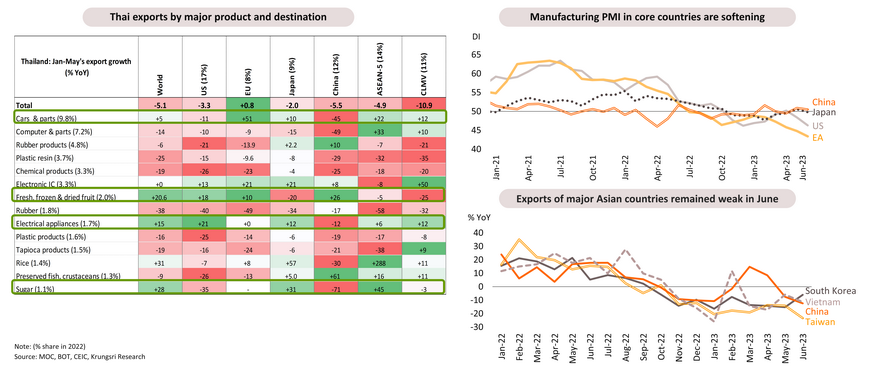ผลิตภัณฑ์
ผลิตภัณฑ์
บริการ
หน้าหลัก
สินเชื่อ
บริหารเงินสด
การค้าระหว่างประเทศ
โกลบอลมาร์เก็ตส์
ธุรกิจหลักทรัพย์
ดิจิทัลโซลูชั่น
บริการอื่นๆ
ลูกค้าบุคคล
ลูกค้าบุคคล
ลูกค้าบุคคล
บริการ
U choose
ลูกค้าธุรกิจ
ลูกค้าธุรกิจ
โกลบอลมาร์เก็ตส์
บริการ
โกลบอลมาร์เก็ตส์
บริหารความเสี่ยง
อัตราแลกเปลี่ยนเงินตรา
Market Commentary
Digital Channel
แนะนำ
FX@Krungsri
ลูกค้าธุรกิจ
ลูกค้าธุรกิจ
ลูกค้าธุรกิจ










